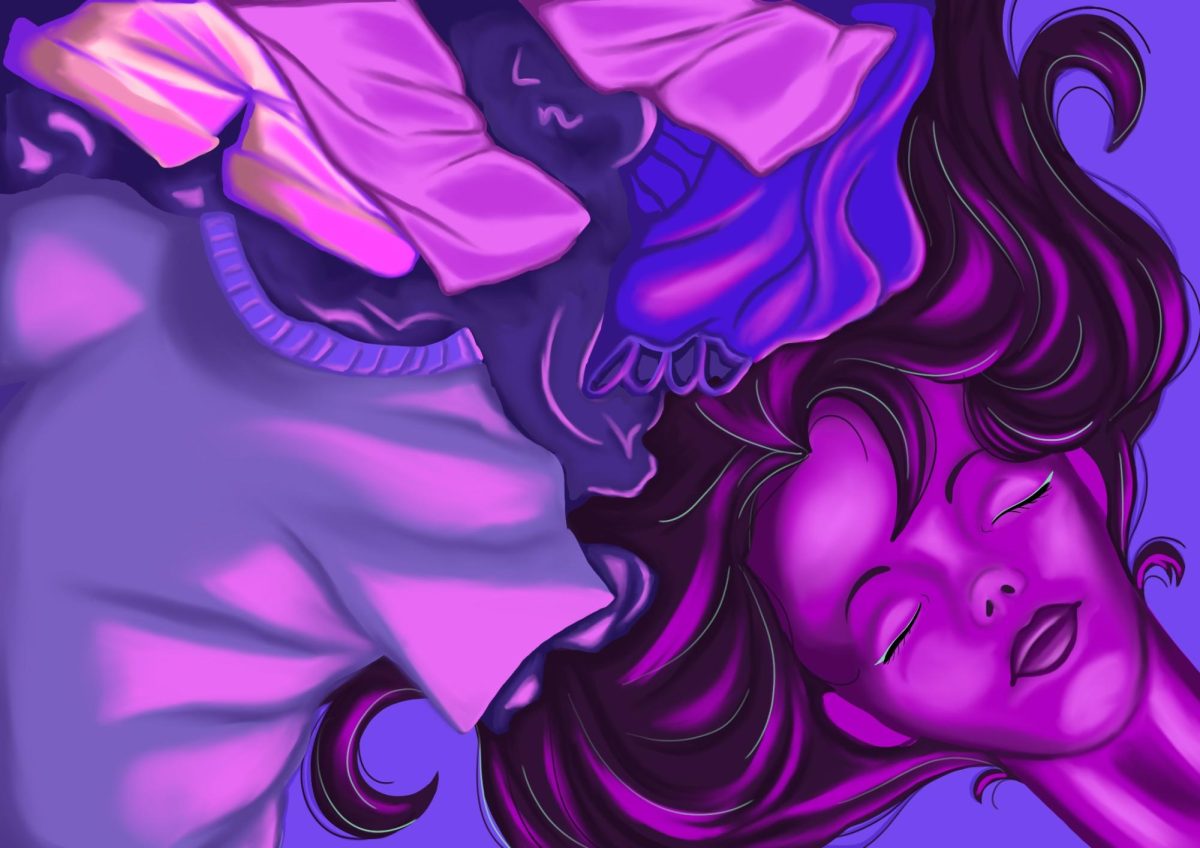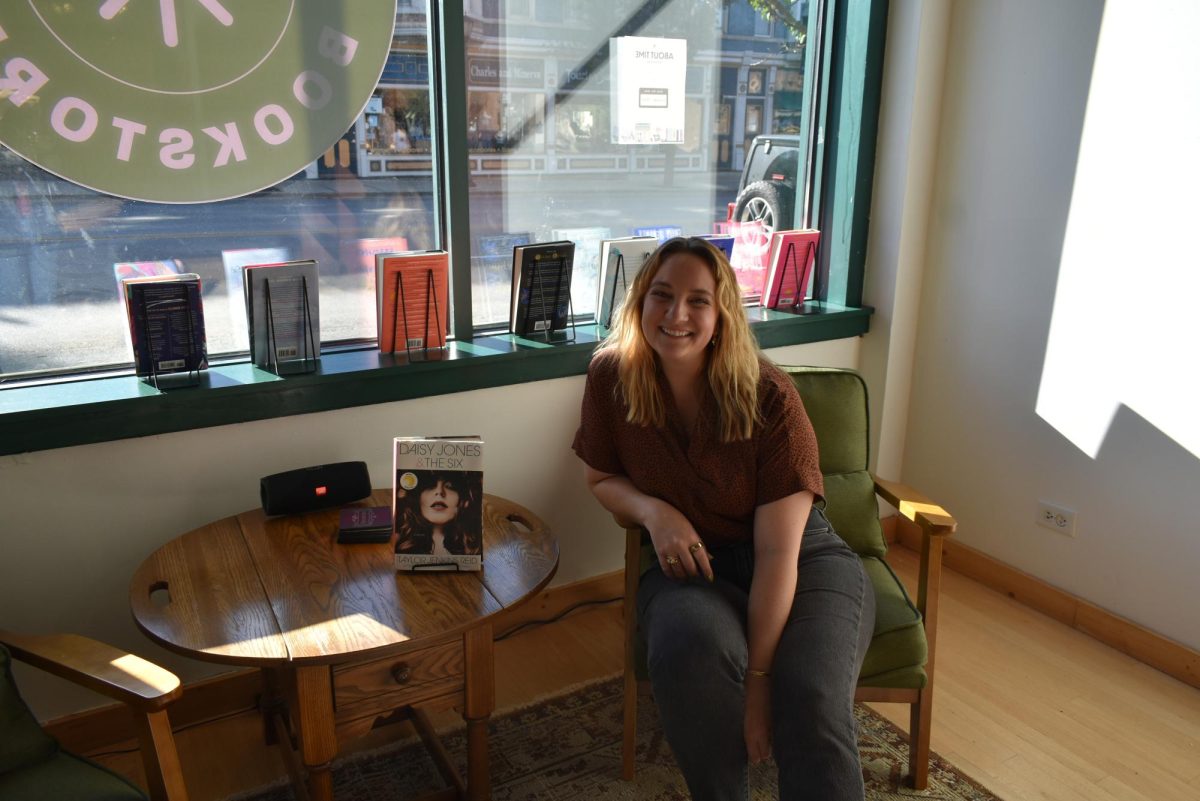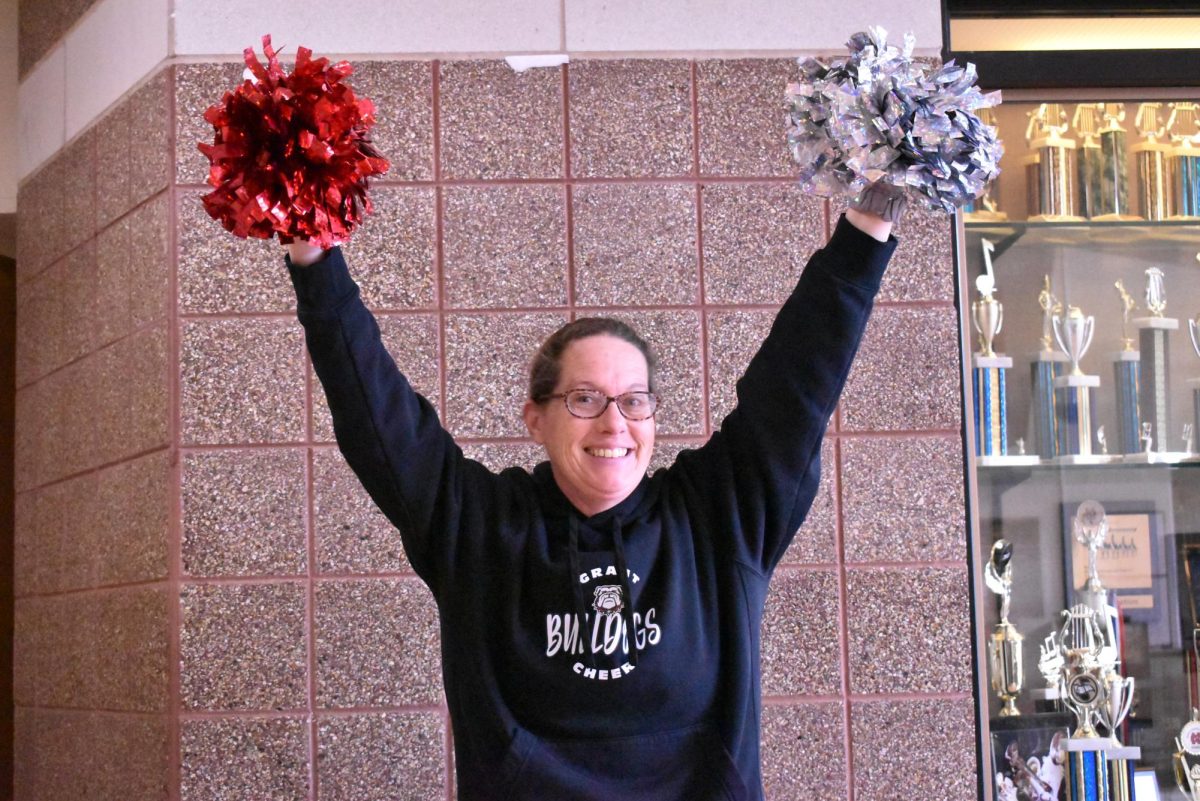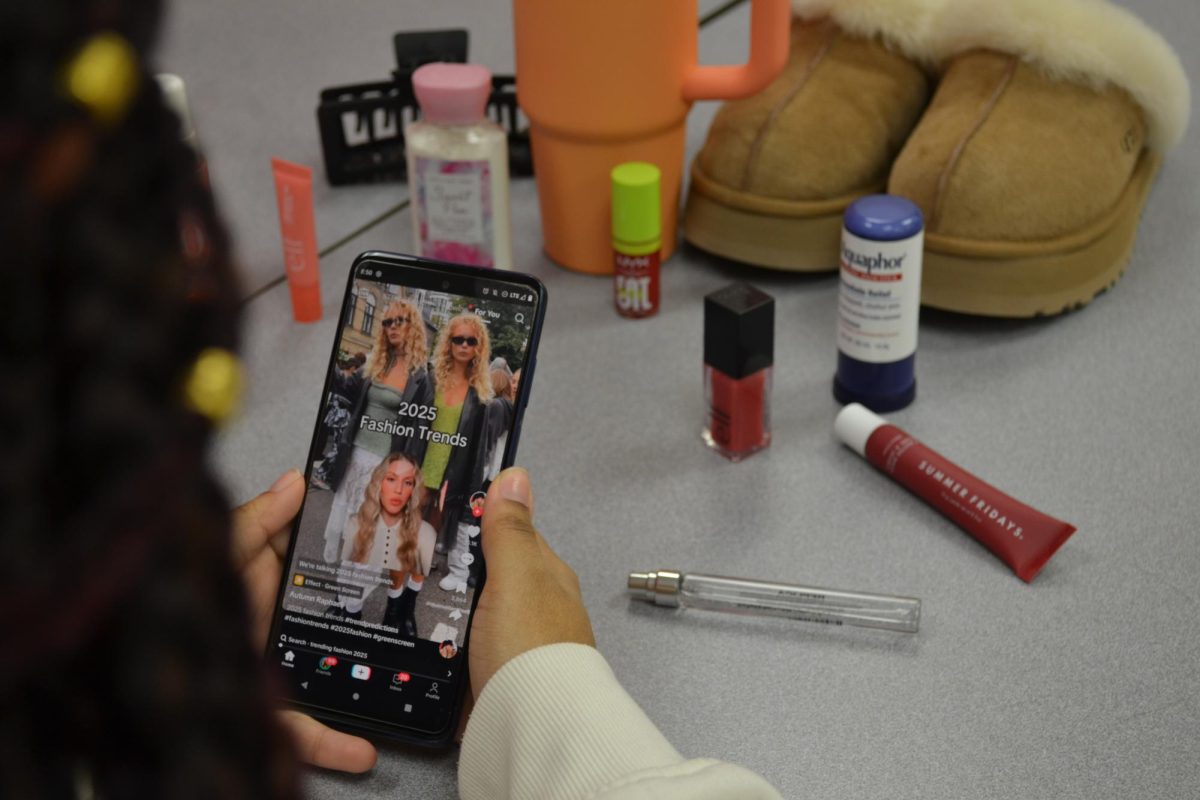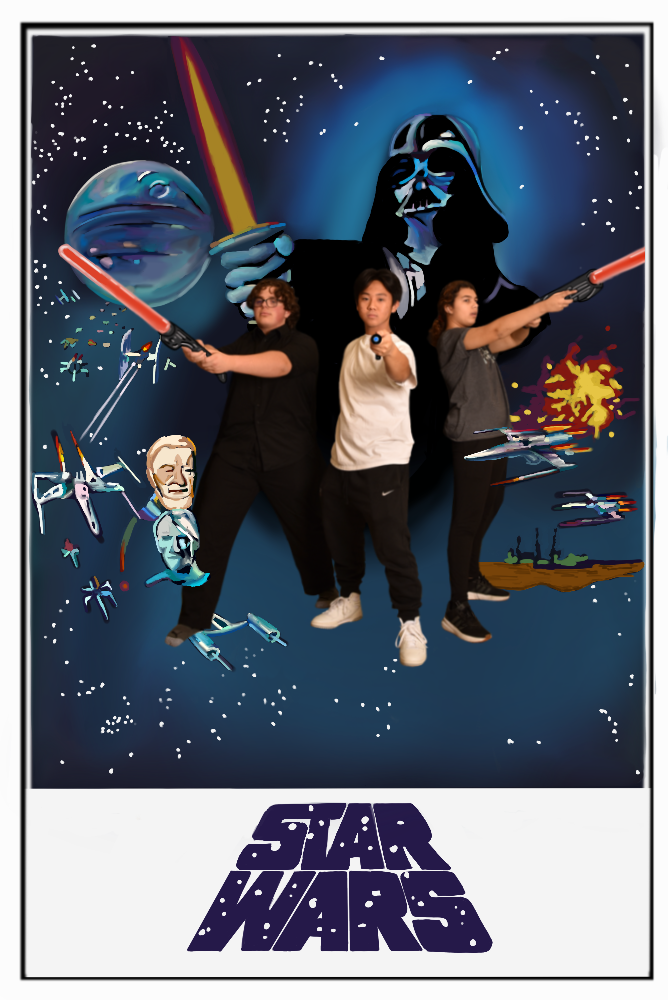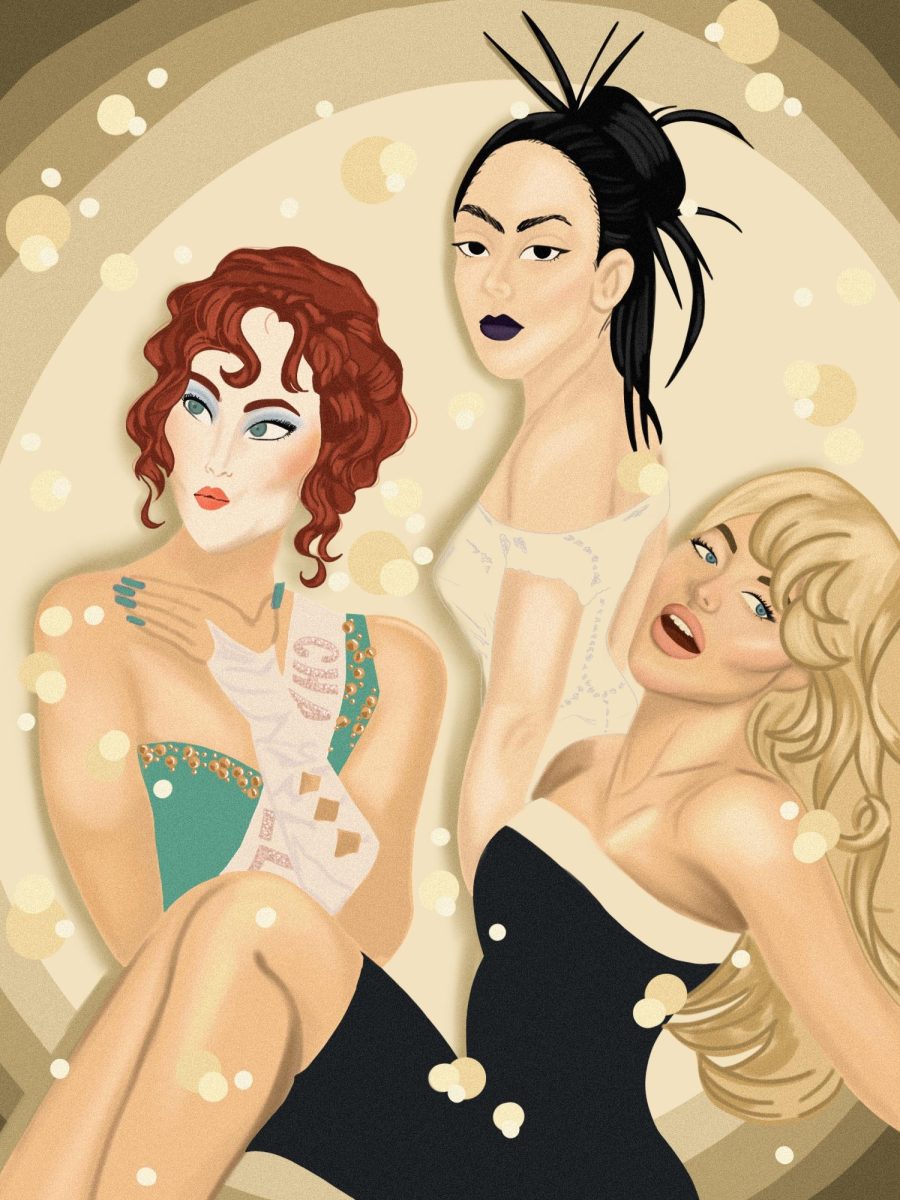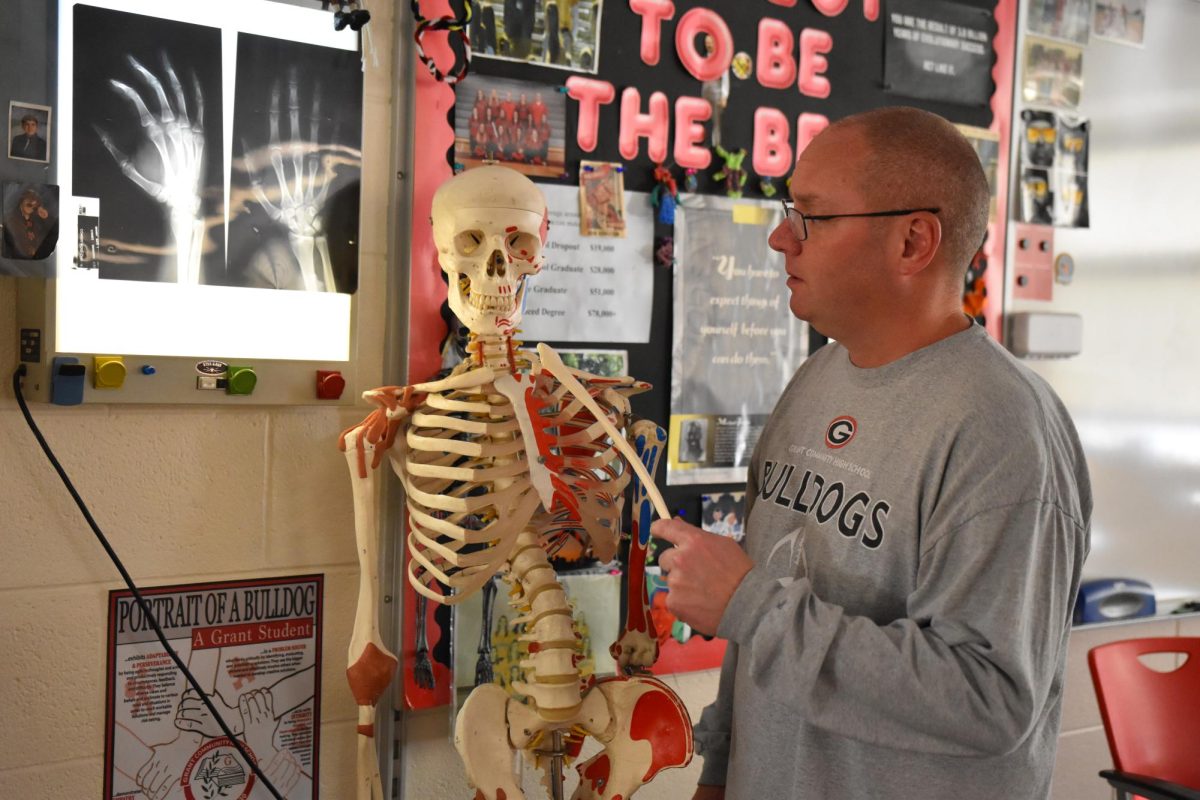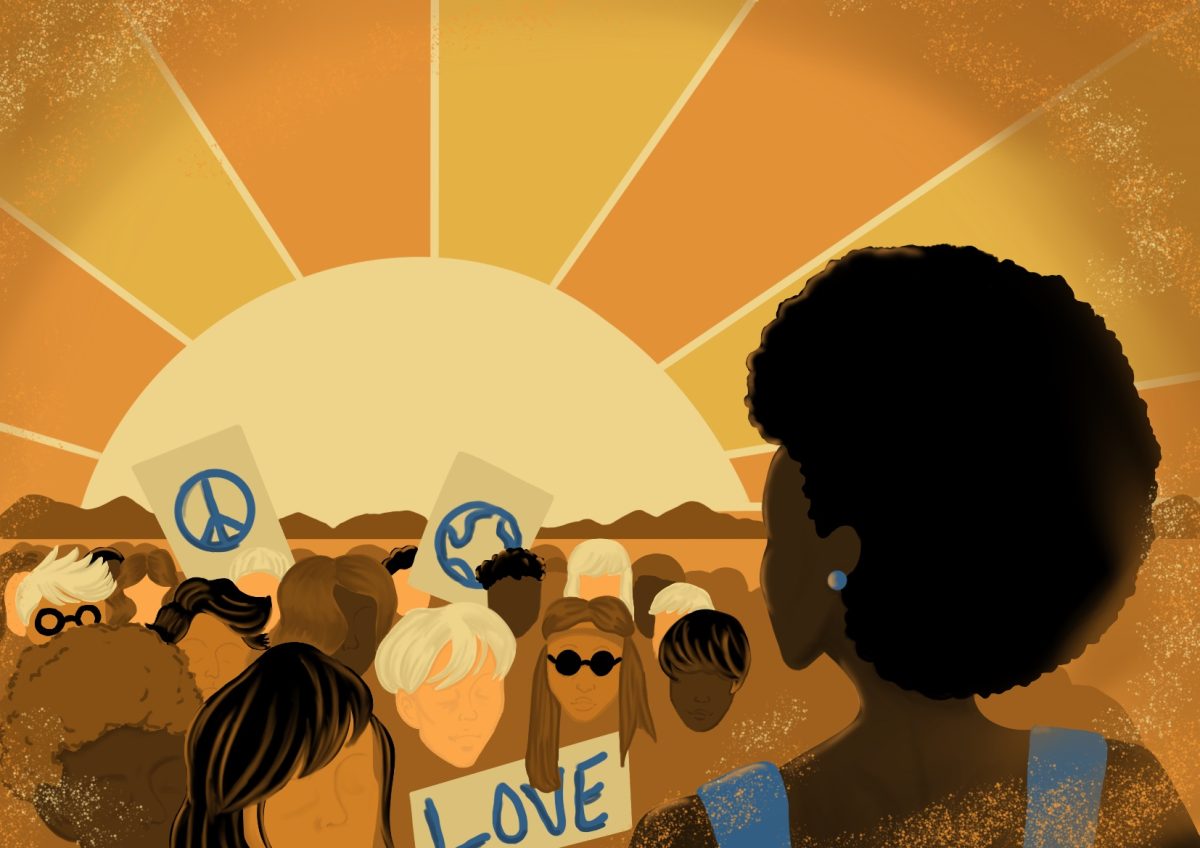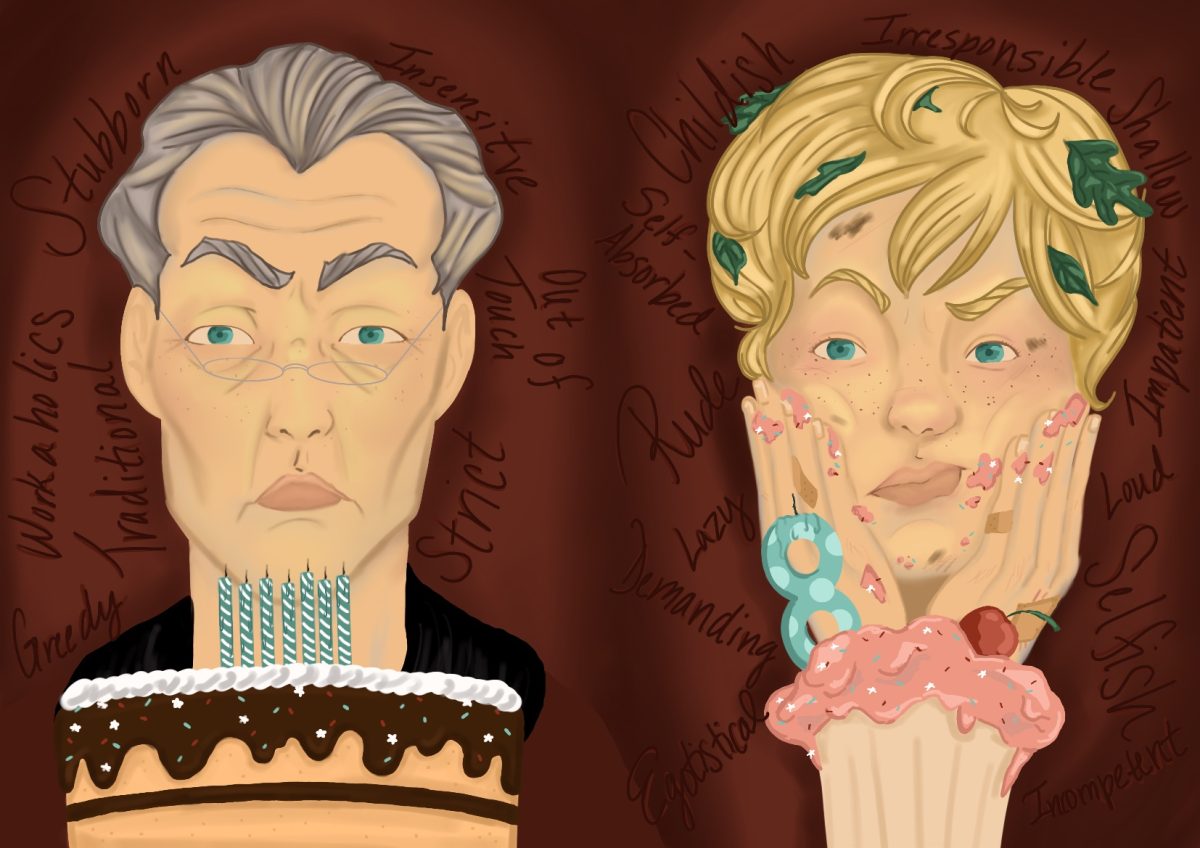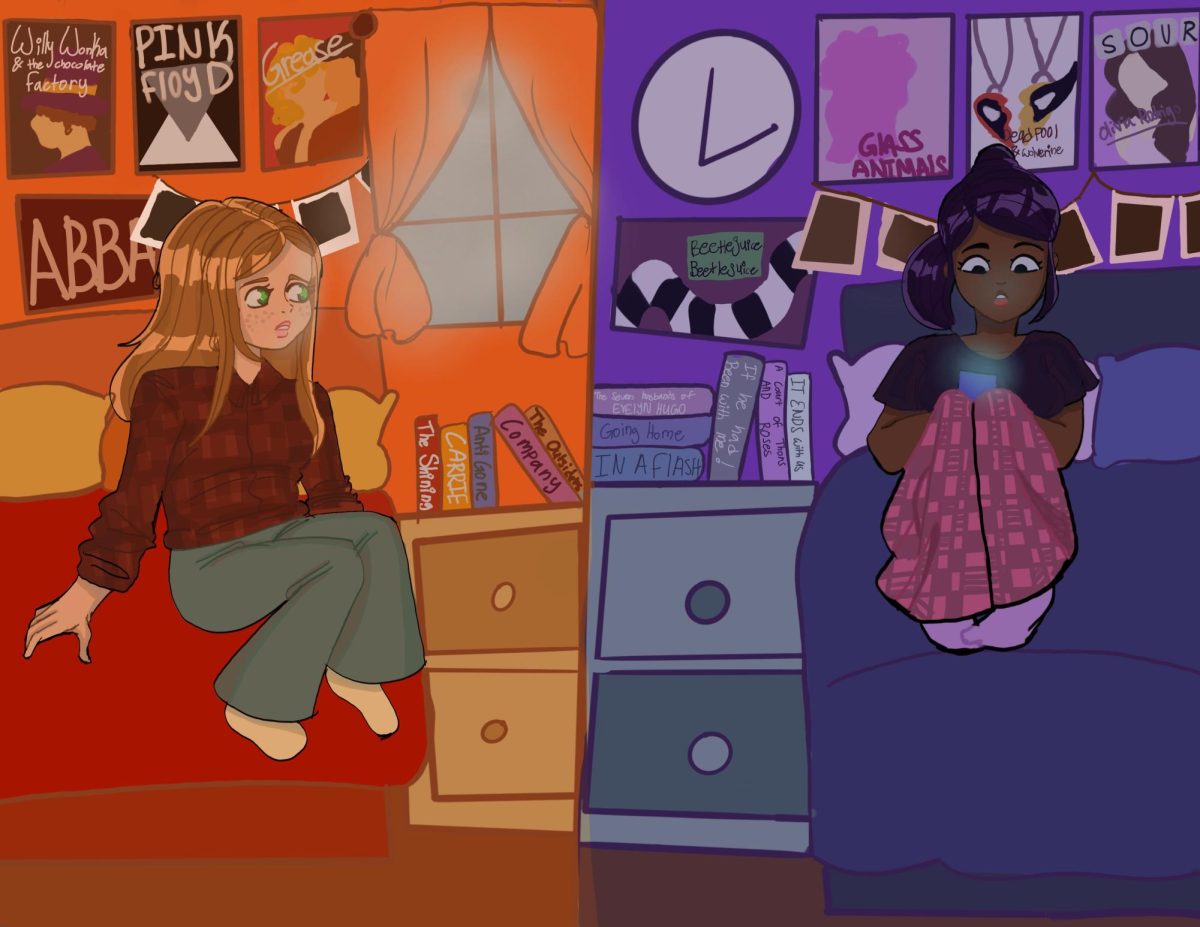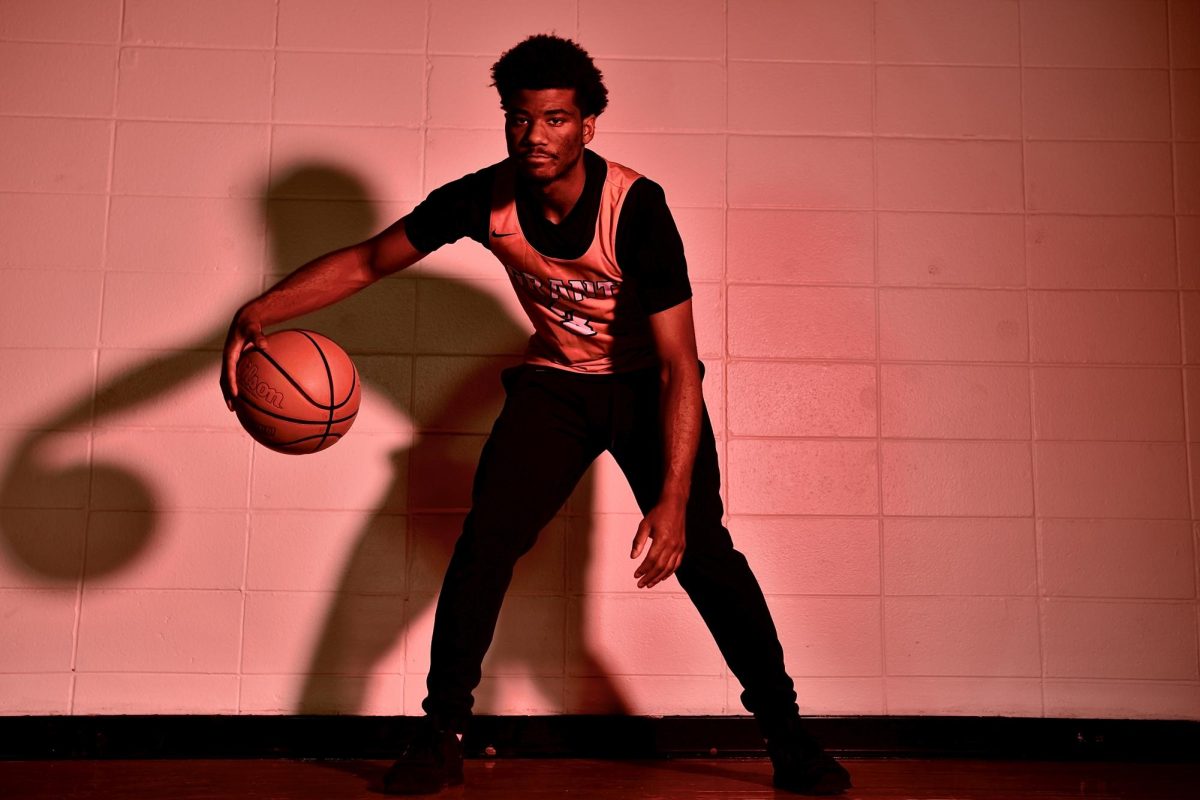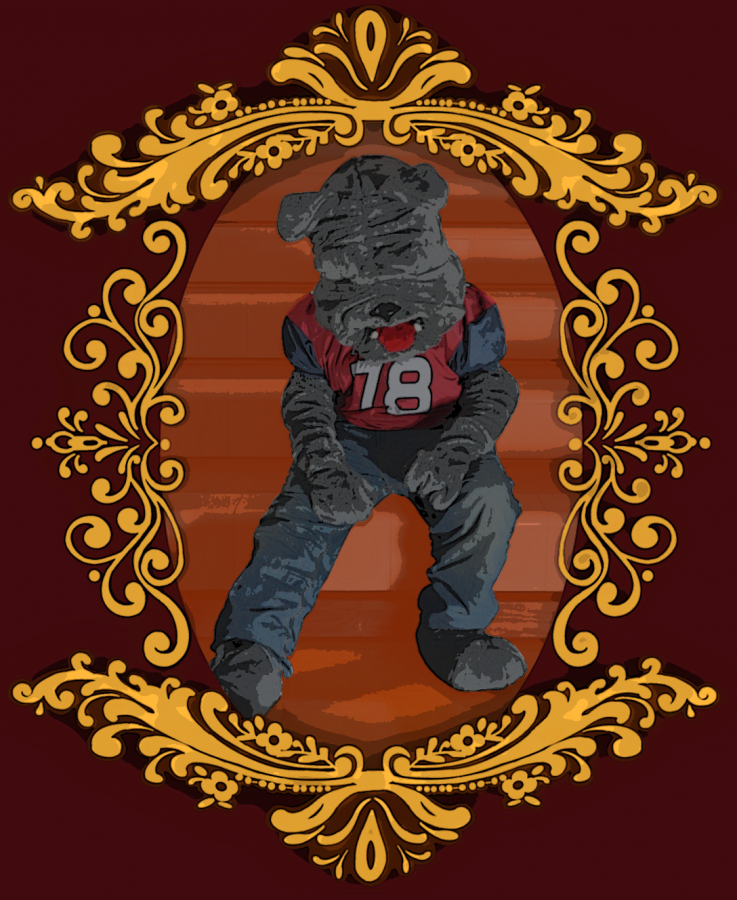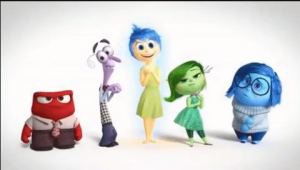Be Who You Are Without Losing Who You Are
Spike the Bulldog imitating the “College Dropout” album cover by Ye West
December 15, 2021
No matter if it’s scrolling through TikTok, retweeting on Twitter, or cruising through your Insta feed, we are constantly being fed different forms of entertainment and information through social media. The more content that you like, the more data the algorithm can use to generate content that you may enjoy.
In light of current events, social media can help shift your perspectives on situations based on what pops up on your feed. Social media doesn’t just form opinions, it also has a huge impact on people’s character. When we are constantly seeing two sides of every story, or choosing to only see one side, it can cause people to either try to fit into a stereotyped box or try so hard to fight those stereotypes that society places them into a box that is the opposite of that stereotype. It gets to a point where we try to be so individualistic that we lose our individuality, and that’s arguably an even larger problem than the stereotypes we spend so much time-fighting.
High school is often considered to be a calling to find your true self, but sometimes this hunt for self-actualization actually causes us to lose ourselves even more. When we fight to portray the ideal version of ourselves, we suffer the loss of who we truly are to our disillusioned selves. After a while, those made-up versions of ourselves take over our minds, infiltrating our thoughts with beliefs of being unhappy with who we truly are.
The point can easily be combated with the idea that allowing society and its resources dictate what box you fit in can actually cause more harm to a person’s mental health because they are allowing social media to decide who they ought to be. While this argument holds a defensible claim, you can’t ignore the implications from societal perspectives and understand that just because you want to break the social norm and being individualized does not mean we should ignore what the norm is implying and try to completely separate ourselves from this norm. For example, society has placed high schoolers as a whole to be extremely immature. While this stereotype seems to be generalizing an entire community of people, there is some truth behind it. Society’s definition of immaturity is what most of us would call “living and learning.” It is easy to try and detach yourself from this box because the word “immature” has negative connotations attached to it, yet being a teenager means that we have time to make little mistakes to shape us into a better version of ourselves before we reach adulthood. Yearning to oppose this norm without understanding what it’s implying can ultimately lead to regret in the future. If you spend your entire high school career trying so hard to be deemed as “mature,” you would miss out on numerous experiences that could lead to the molding of your character, ultimately resulting in regret regarding the time that was spent proving that you were so different from that predetermined norm.
In addition, many people believe that societal norms and boxes can oftentimes be harmful to the individual. One of the most common examples of this is racial stereotypes. For example, society often tells black women that they are loud, ghetto, and ratchet, or energetic with an extremely negative connotation attached to it. While it is true that this stereotype is damaging, we can’t ignore the implications. Black women are seen as loud because they refuse to be silenced. The entire world tells them how they should act and carry themselves according to their austere idealism of what the perfect black woman would be. Although it isn’t just strong black women who face these harmful stereotypes. It can be argued that all stereotypes are harmful, and in that sense, there is no use for overarching descriptions of any group whatsoever.
The Bark is dedicated to spreading the message of self-acceptance. We won’t preach to fight against any societal norm, but we will advocate to not let any specific boxes define who you are. You are your own person, but be cautious of fighting against norms to the extent that you lose sight of who you truly are. We as journalists want you to realize that you are your own person. Through our articles, we aspire to show the strengths and weaknesses, the best and worst times, the good and the bad, and what makes a Bulldog a Bulldog.

